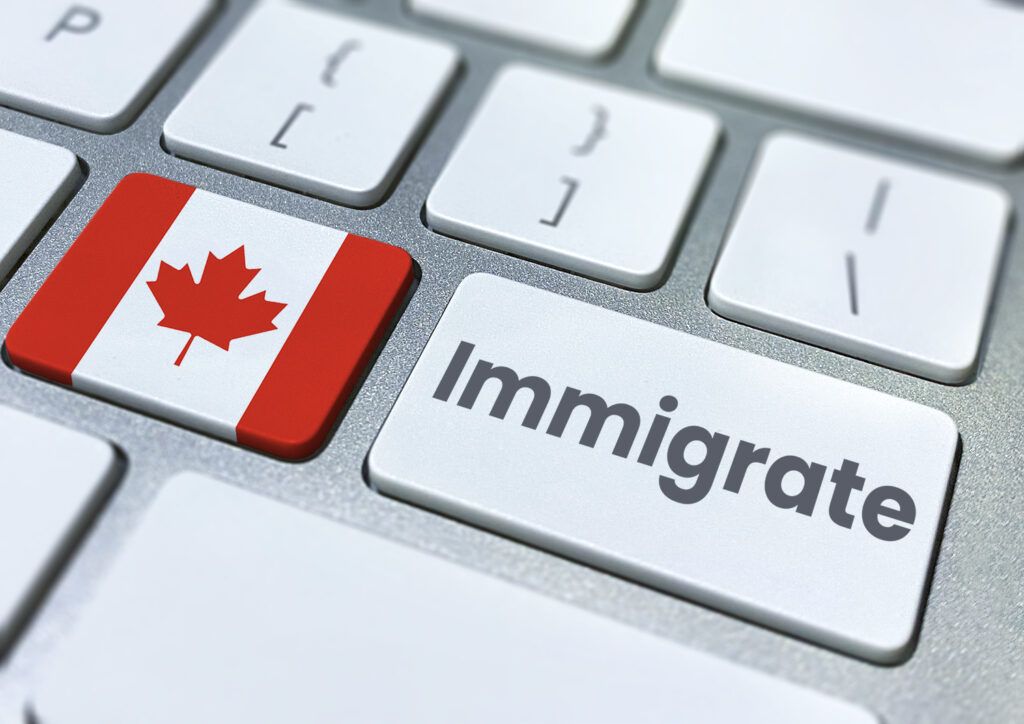Just because there are easy ways to enter Canada doesn’t mean all of them are legitimate. In fact, there are many frauds out there that can lead you as far away from the Great White North as possible. To avoid this, you need to concern yourself with the common frauds and ways to avoid them.
This guide will help you identify fraud and what you need to do to avoid getting involved in it. This will also help you advise your friends who may also be caught in these common immigration blunders. Your main goal here is to safely go through the immigration process and see a bright future in Canada as soon as possible!
- Marriage Fraud
One of the most common frauds in Canadian immigration is marrying a citizen or permanent resident simply to enjoy easy entrance into the country. This is due to the Spousal Sponsorship program, which helps foreigners become Canadian citizens easier. However, using it simply to enjoy citizenship benefits should be avoided due to its many drawbacks.
Marriage fraud can land you in debt in Canada because filing for divorce will make your spouse financially responsible for you. This may sound like something in your favour, but the spouse can also use social services, which you will need to pay back to the Canadian government.
Once the duration of your predetermined stay ends, you will not be allowed to re-enter the country for a minimum of five years. It’s essentially like being blacklisted. You will be tagged under a “marriage of convenience,” which means using fake love or marriage to immigrate.
How to Avoid This: Never belittle the immigration process through marriage, including the Canadian spousal interview and the different immigration consultants tasked to validate your wedding vows. Only go through with a marriage that you know will last.
- COVID-19 Fraud
As the pandemic has brought many changes, the same can be said about the immigration process to Canada. However, some scammers out there use this to their advantage, particularly their solicit fees that correlate to visa processing. Their reasons mainly revolve around the increase of needed medical procedures to safely allow migrants into the country.
The government has raised the alarm on this scam, as the COVID-19 pandemic has put a halt on the processing of many visas. In fact, they are looking for ways to safely service different applicants. This is done through the gracious extension of deadlines.
How to Avoid This: The government reminds applicants and interested individuals to check their official government website regarding visa applications during the COVID-19 pandemic.
When in doubt about the solicitation of fees, countercheck with them using the information provided on the official government website. Look for a trusted immigration consultant, and wait for everything to settle as the new normal is being implemented.
- Communication Scams (Emails, Text Messages, Online Advertisements)
Scammers may also disguise themselves as legitimate and make bold claims like saying they have the easiest way to enter Canada. However, you then notice some questionable activities when you visit their website or office.
Scammers are known for their steep consultation fees without justifying the need for such. They still say it’s what they need to bid your place in Canada. They often say they can guarantee to get you a Canadian visa, which in itself is a huge red flag because that is not something that even legitimate immigration agencies can’t promise. Don’t be fooled by these tall claims.
How to Avoid This: Only look for trusted immigration consultants recognized by the Immigration Consultants of Canada Regulatory Council (ICCRC). Call or email the company to validate their services, and make sure that they use the proper procedures to meet the basic requirements for immigration into Canada. You can ask for the consultant’s registration number for personal validation.

Secure your immigration process today!
With the aforementioned frauds and vital information in mind, prioritize security when it comes to your Canadian immigration. Remember, only authorized and legitimate services will help get you into the country safely.
Are you looking for the safest and easiest way to immigrate to Canada? We at Bright Immigration can help you with that. We have professional and trusted immigration consultations recognized by the Immigration Consultants of Canada Regulatory Council and Law Society.
If you’re looking for professional help from a trusted firm, please contact us at info@brightimmigration.com or call 1-888-404-8472.



